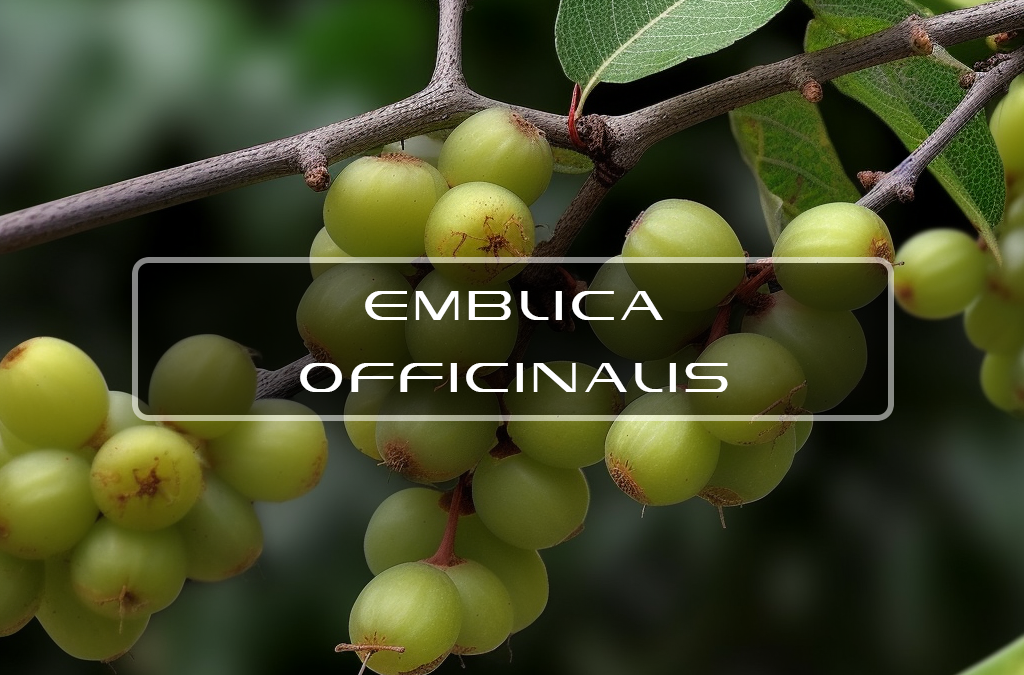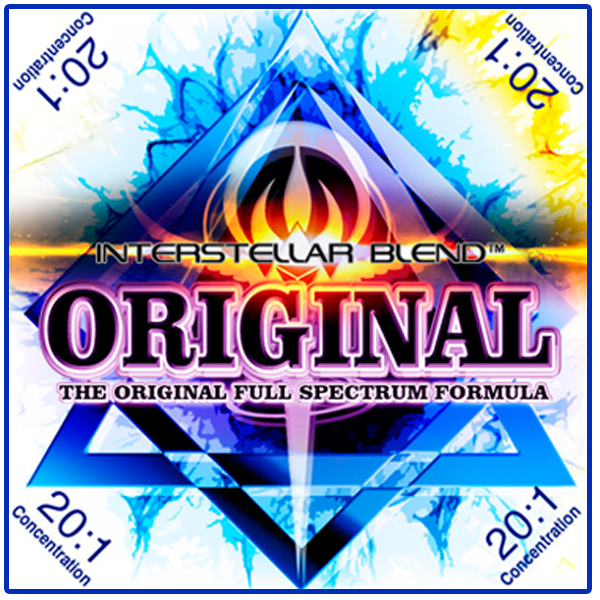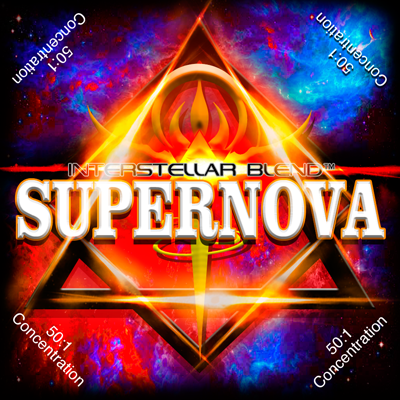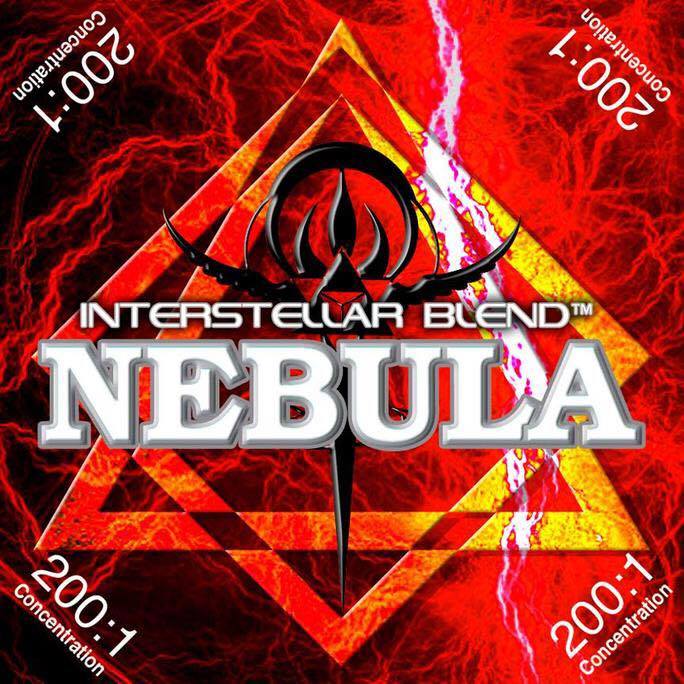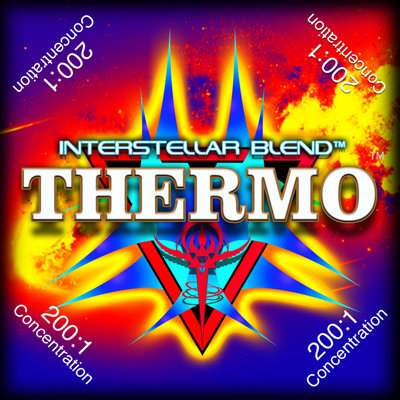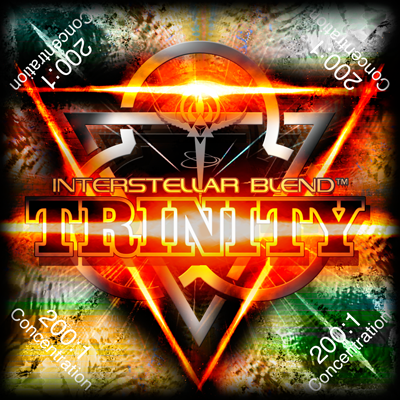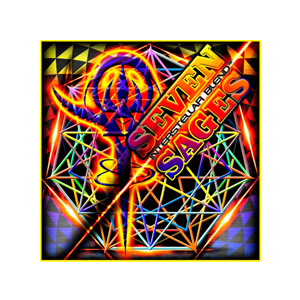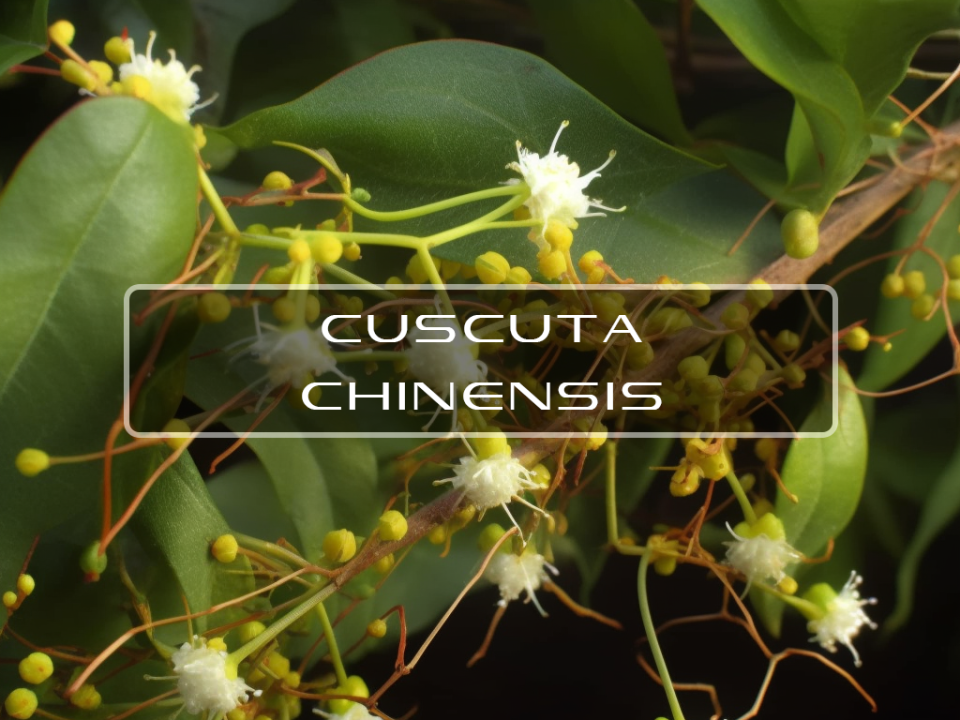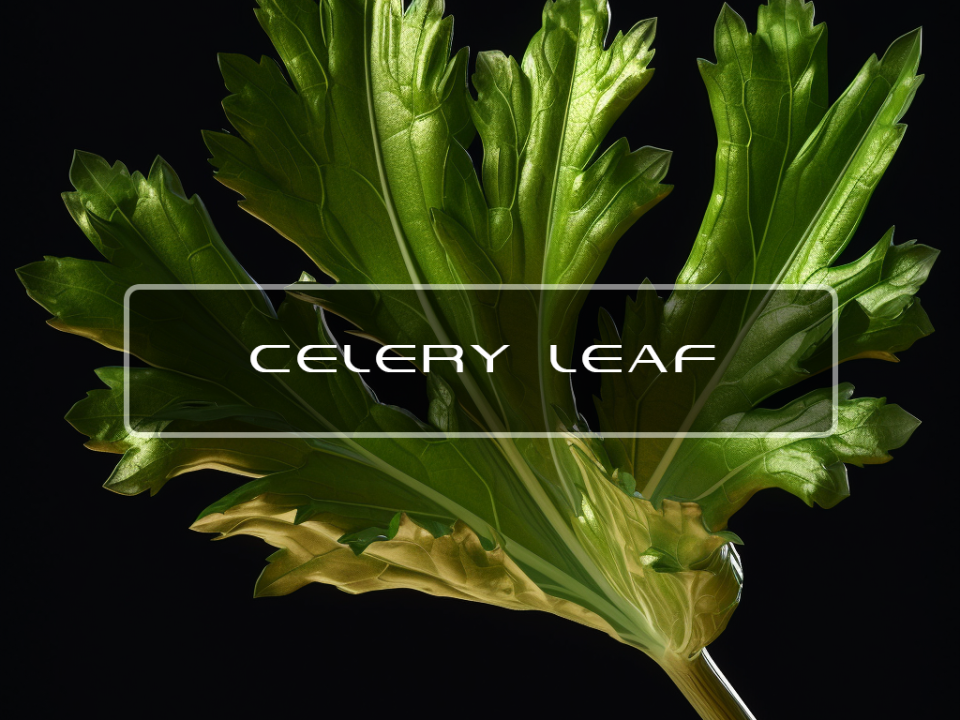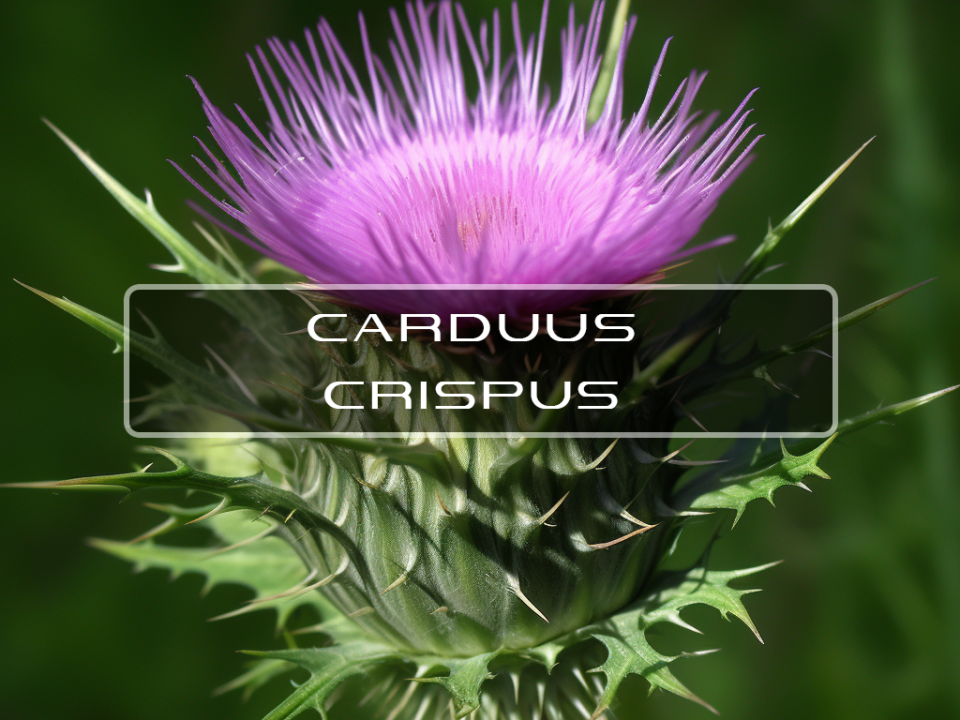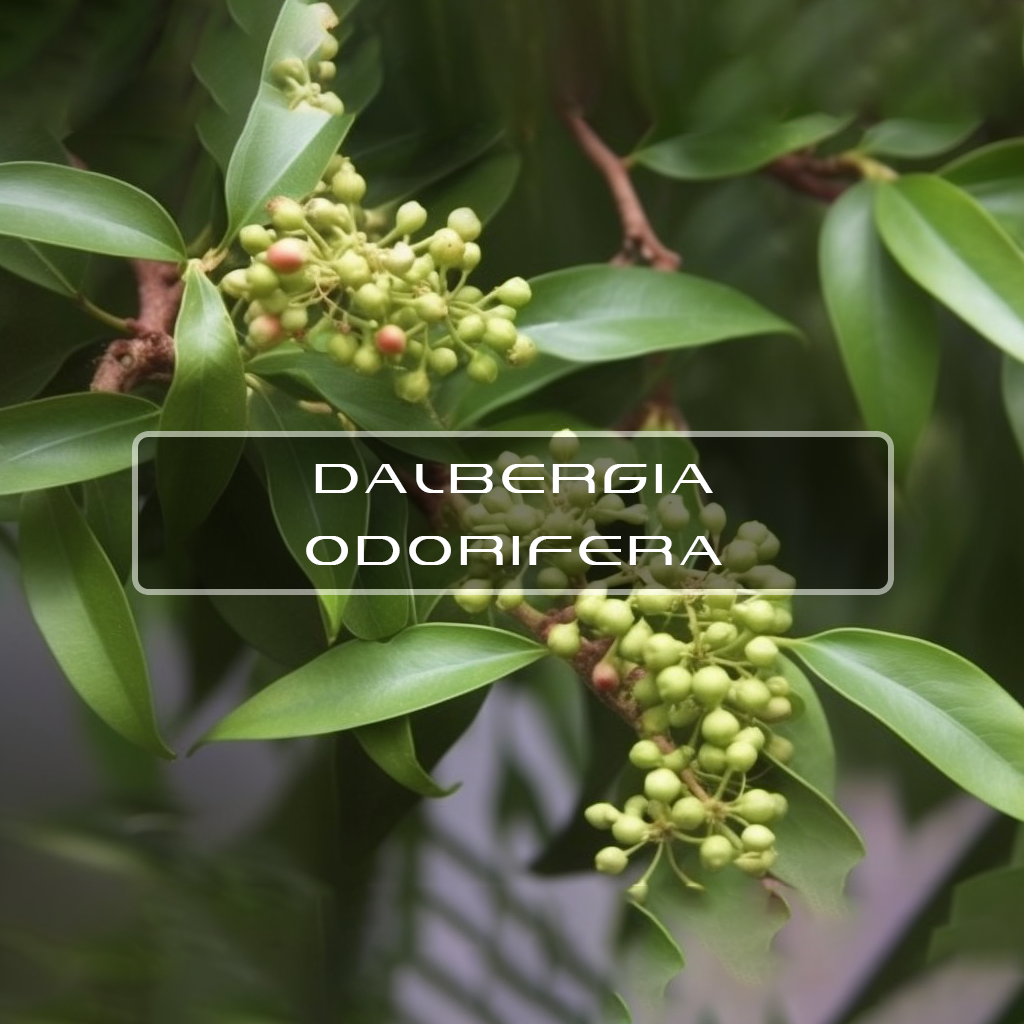
Dalbergia Odorifera
September 10, 2018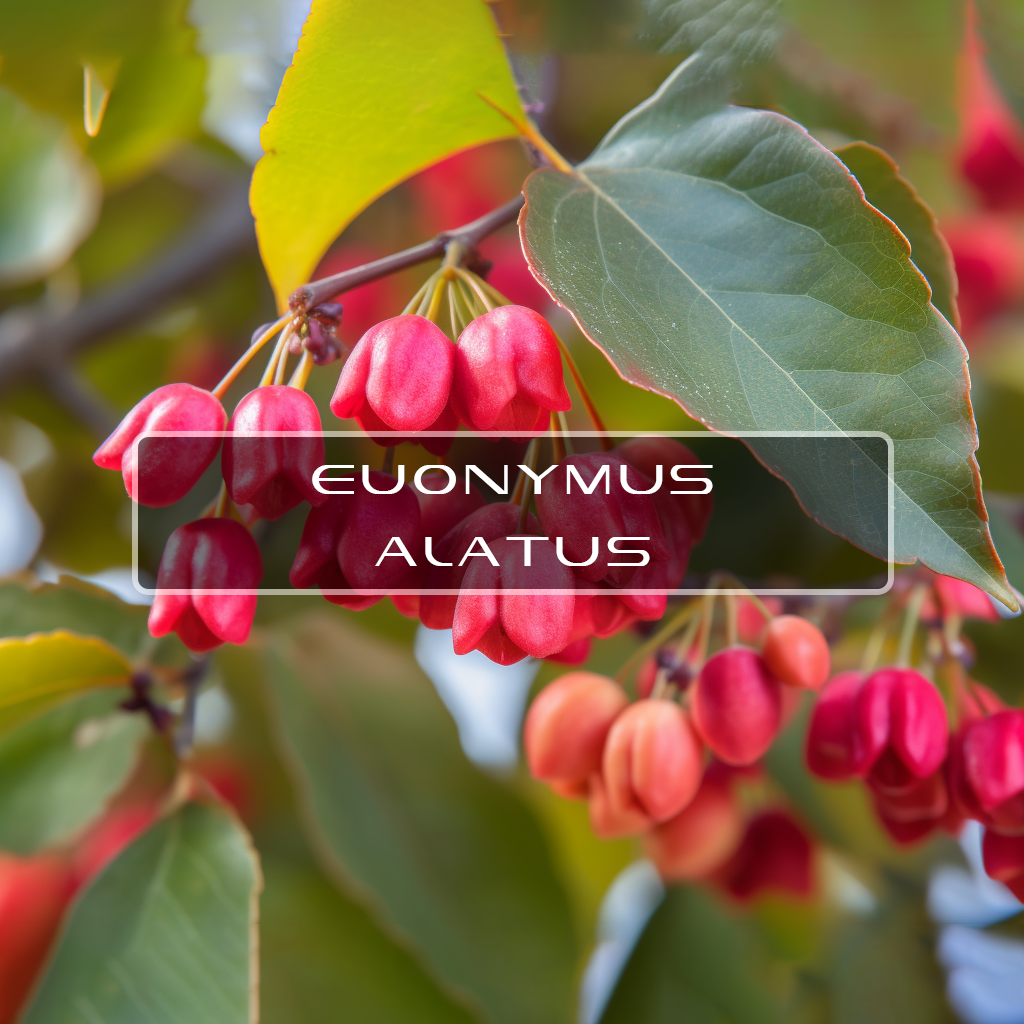
Euonymus Alatus
September 10, 2018Emblica Officinalis
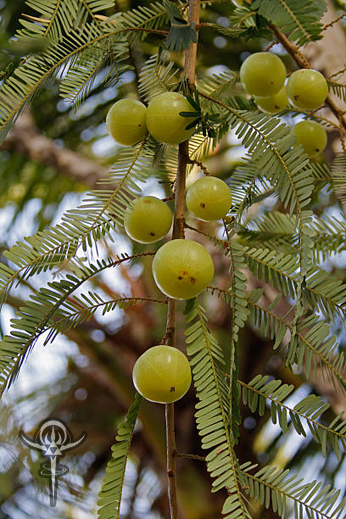
This fruit has been utilized in the Ayurvedic practices for thousands of years due to the abilities of the fruit. This fruit contains a compound called Triphala and is one of the main ingredients of a jam called Chyavanaprash. It contains a high concentration of Vitamin C and has been known to contain more Vitamin C than even the Orange.
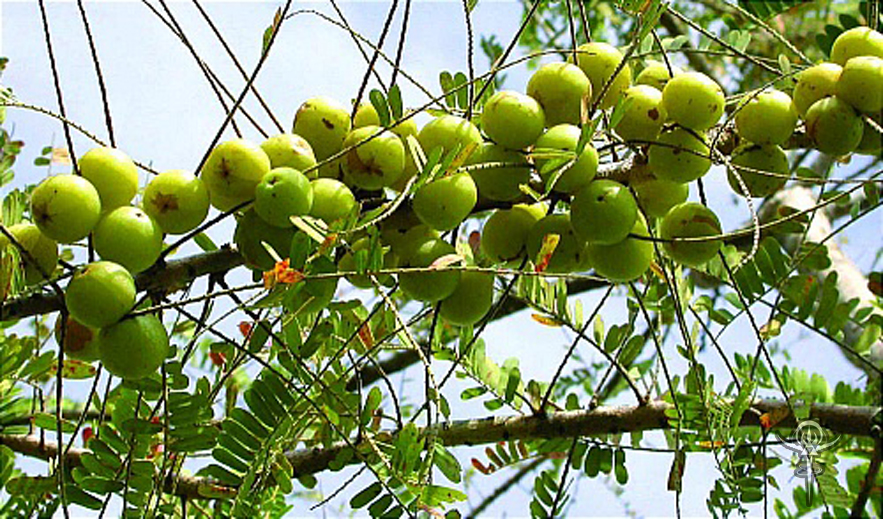
Benefits of Emblica Officinalis
Antiproliferative effects of pyrogallol were therefore determined on human tumor cell lines thus identifying pyrogallol as an active component of Emblica officinalis extracts.
Aqueous extract of Emblica officinalis (E.O) was found to be cytotoxic to L 929 cells in culture in a dose dependent manner.
Concentration needed for 50% inhibition of cdc 25 phosphatase was found to be 5 μg/ml and that needed for inhibition of cdc2 kinase was found to be >100 μg/ml. The results suggest that antitumour activity of E.O extract may partially be due to its interaction with cell cycle regulation.
Phyllanthus emblica Linn. (PE) is a medicinal fruit used in many Asian traditional medicine systems for the treatment of various diseases including cancer.
These results suggest P. emblica exhibits anticancer activity against selected cancer cells, and warrants further study as a possible chemopreventive and antiinvasive agent.
Anti-Cancer - Emblica officinalis Gaertn. or Phyllanthus emblica Linn, commonly known as Indian gooseberry or amla, is arguably the most important medicinal plant in the Indian traditional system of medicine, the Ayurveda. Various parts of the plant are used to treat a range of diseases, but the most important is the fruit.
This review for the first time summarizes the results related to these properties and also emphasizes the aspects that warrant future research to establish its activity and utility as a cancer preventive and therapeutic drug in humans.
Antioxidant - Aqueous extract of Emblica officinalis was found to be a potent inhibitor of lipid peroxide formation and scavenger of hydroxyl and superoxide radicals in vitro.
An indigenous drug preparation containing Emblica officinalis, used in India as a health tonic, was also found to have a potent antioxidant activity. The antioxidants present in Emblica officinalis were aqueous soluble, but partially extractable with ether, and were heat stable.
Together, these studies indicate that AE inhibits OC cell growth both in vitro and in vivo possibly via inhibition of angiogenesis and activation of autophagy in OC. Thus AE may prove useful as an alternative or adjunct therapeutic approach in helping to fight OC.
Anti-Inflammatory - Medicinal plants from the so-called traditional Asian medicine are attracting a growing interest because of their potential efficacy and safety. Due to the presence of different active compounds in each plant extract, understanding the effect of each component is important to pursue selective and reproducible applications.
Pyrogallol, one of the compounds extracted from EO, inhibited the P. aeruginosa-dependent expression of these pro-inflammatory genes similarly to the whole EO extract, whereas a second compound purified from EO, namely 5-hydroxy-isoquinoline, had no effect. These results identify Pyrogallol as an active compound responsible for the anti-inflammatory effect of EO and suggest to extend the investigation in pre-clinical studies in airway animal models in vivo, to test the efficacy and safety of this molecule in CF chronic lung inflammatory disease.
Apoptosis - Amla extracts suppressed proliferation and induced apoptosis independent of p53, a tumour suppressor gene, in human colon cancer stem cells (HCCSC).
This led to suppressed expression of c-Myc and cyclin D1, key proteins involved in cell proliferation.
These results indicate that amla suppresses HCCSC proliferation and induces apoptosis independent of p53 status via potentially targeting Wnt/β-catenin signalling pathway. Amla is therefore a promising functional food for preventing colon cancer and might be a novel resource for the food industry.
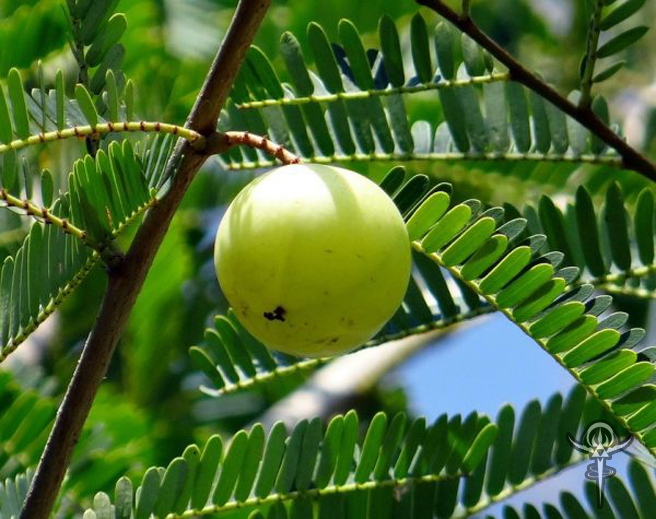
Related Products

